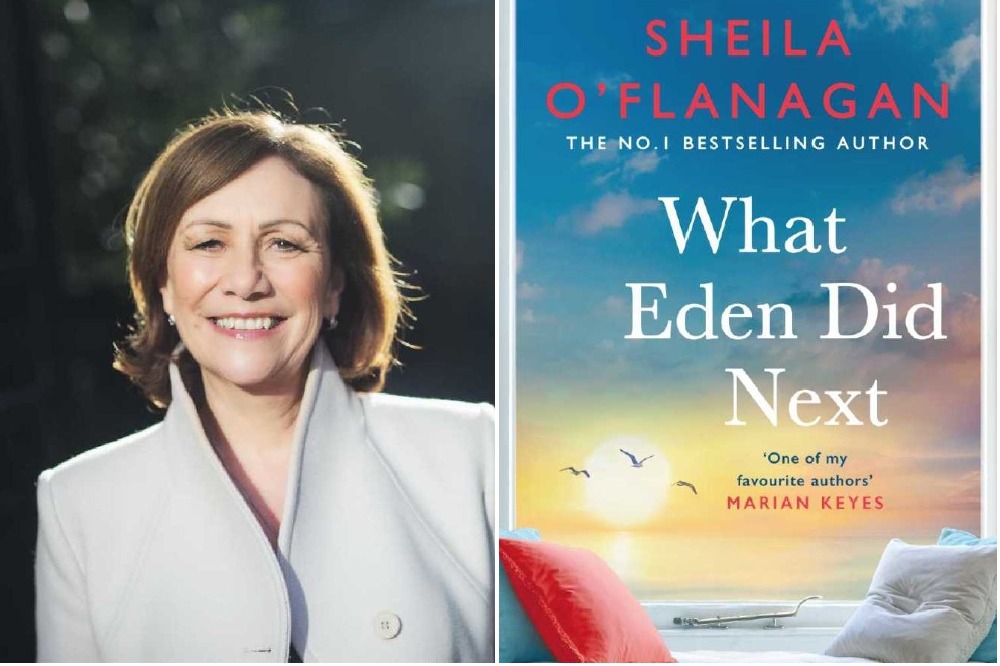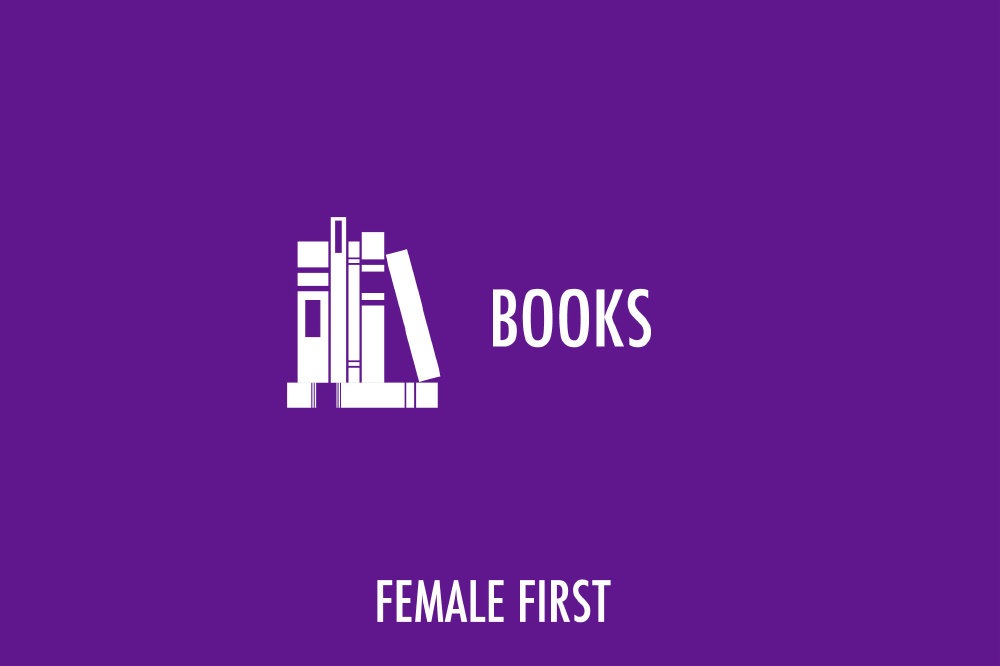1. No one else can do it for you (unless you’re a mega celeb with a ghost writer and all you have to do is write your name). But otherwise you’re one who has to sit down at the laptop and drag the words kicking and screaming from your head. Some days it’s a lot easier than others. Some days you delete more than you add. Sometimes it’s like building a sandcastle when the tide’s coming in. But in the end you’re the person who’s responsible for creating the story and you can’t call in sick and hope someone else deals with it.

Sheila O'Flanagan, What Eden Did Next
2. It’s more physically demanding than you think. After all, you’re sitting down. However, with an average novel coming in at around 100k words that’s a lot of time hitting the keyboard. The best thing I ever did was learn to touch type. I’m not sure how I’d manage if I was having to look at the keys all the time. It also means I sit up straight. Most authors have bad backs and a lasting relationship with Volterol.
3. It’s never the same on the page as in your head. Somehow, when you’re thinking about the book, everything is perfect. The setting, the characters, the dialogue, the language…and yet when you start to write it doesn’t quite seem as good as you so fondly imagined. In fact a lot of the time it seems awful. You spend as much time rewriting as writing.
4. The characters are closer and more real to you than your family and friends. And why shouldn’t they be? They’re in your head 24/7. In the shower. In the supermarket. On the train. Always demanding to be heard, always pushing themselves into your consciousness.
5. Research isn’t writing. This is a great disappointment to most authors. Saying that you’re researching makes it sound like you’re doing something constructive. And you are, because you need your setting to be authentic. But 2 years of research is 2 years when you haven’t actually written a word of your book. Usually you end up using about a tenth of what you’ve learned anyhow. But it’s always fun!
6. When you type ‘The End’ you’re only halfway there. Typing the end always looks so satisfying in movies. The author pours a drink and celebrates a job well done. And it’s nice to celebrate. But a few weeks later you’re back to the rewrites, the edits, the copyedits and the proof edits. By then you wish you’d never started.
7. You only remember the 1 star reviews. Especially the ones that say ‘the cover was torn’ or ‘not the book I ordered’. This isn’t the author’s fault. We don’t control every aspect of the process much as we might like to. And we’re sorry if you didn’t like the name of the main character, or that you wanted a different ending. We’re even sorrier that you posted a review saying so.
About What Eden Did Next
The story follows Eden, mum to little daughter Lila, as she yearns to put an unspeakable tragedy behind her. She had found perfect love with Andy, but how it ended tore her apart. When Rafe moves into the neighbourhood, they find comfort and companionship in one another, but those around them have other plans for their tenderly blossoming relationship and Eden is faced with a monumental choice.
In classic Sheila style, What Eden Did Next tackles dilemma and change in a sometimes heart-breaking but ultimately joyful novel of love, loss and finding your own way to happiness, while always empowering women to feel strong and confident in their decisions at any stage of their lives.
Sheila’s books are deeply loved by fellow authors Marian Keyes (‘one of my favourite authors’), Veronica Henry (‘Sheila writes with such verve and positivity and emotional intelligence’), Beth O’Leary (‘Reading a Sheila O’Flanagan novel always feels like sitting down for a cup of tea with a friend’), Roisin Meaney (‘Do I rejoice when a new Sheila O’Flanagan book hits the shelves? I do’), and millions of readers all over.


